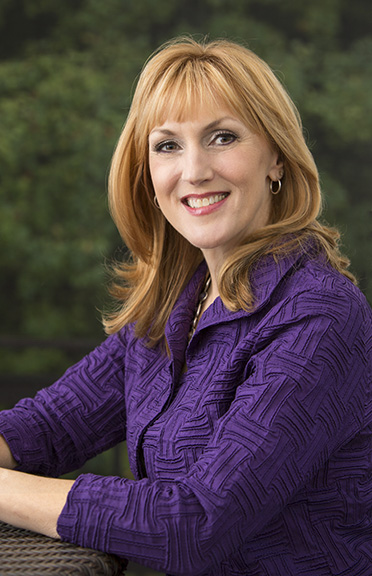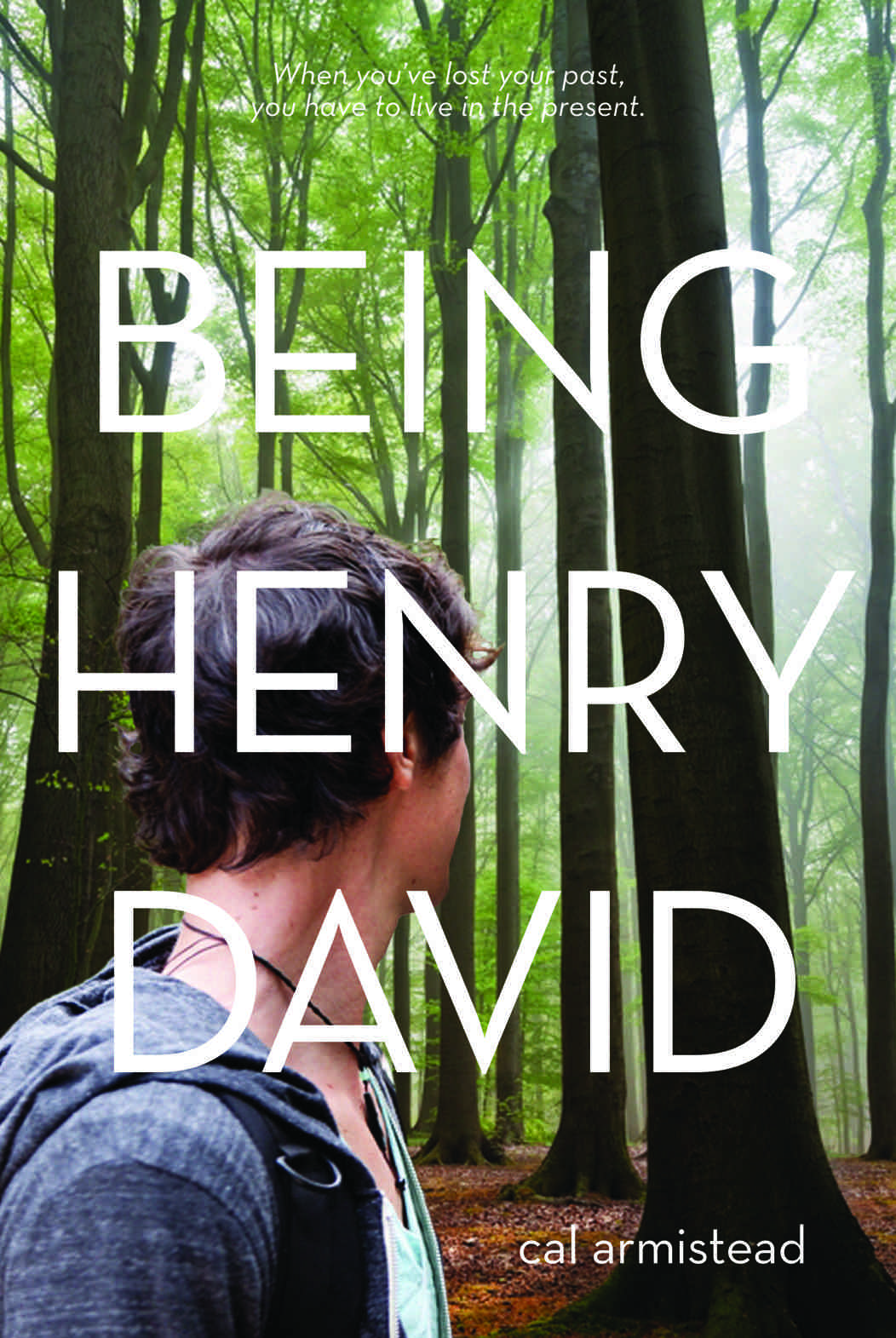 Cal Armistead is the author of “Being Henry David.” The following is a complete transcript of her interview with Cracking the Cover.
Cal Armistead is the author of “Being Henry David.” The following is a complete transcript of her interview with Cracking the Cover.
Have you always wanted to be a writer?
Yes, always. I can’t remember a time when I wasn’t writing stories and drawing pictures and telling everybody that when I grew up, I was going to be a famous writer and artist. It must be in my DNA or something!
Why do you write for young readers?
I love writing young adult fiction, for so many reasons. The main one is that the teen years are so full of emotion and discovery and possibilities, and contemporary YA really reflects that. It’s no wonder that both teens and adults love reading it. Plus, I remember what it was like to be a teenager, and wow, it was hard. Maybe in a way, I’m writing to my younger self and trying to send the message that things do get better.
Where did the idea for “Being Henry David” come from?
I didn’t realize this until the book was finished and well on its way to publication, but in some ways, it’s my story. I bet a lot of writers don’t realize how many autobiographical details creep into a book until they sit back and analyze it! To sum up, I arrived in Concord, Massachusetts myself when I was not much older than Hank (but minus the amnesia), and was starting my own life from scratch. I spent many hours walking around Walden Pond and downtown Concord (and in that gorgeous library with the crazy statues), so it felt natural to have Hank doing that, too. Also, I’d read a newspaper story about a teenager in Boston who hit a state trooper while driving drunk, and I couldn’t stop thinking about him—about how a good kid can make bad choices resulting in horrendous trauma that changes everything from that moment on.
How long did it take you to write?
Well, I wrote the first (sloppy) draft in a month, during an online challenge called National Novel Writing Month (NaNoWriMo). Then I took about another three years, on and off, to edit and hack and polish it up.
How did you develop Hank’s character?
Good question. It’s kind of like Hank just developed himself within the context of the story. I had a basic idea of this good kid who’s just trying to live his life and do what’s expected of him, but he makes some bad choices that any kid might make. I just took that kid, and put him in the circumstances that make up the book. Hank’s voice and character pretty much revealed itself to me the same way he’s revealed to the reader.
Why did you choose “Walden” as the book Hank was carrying?
Because I’ve spent so much of my time in and around Concord, Massachusetts, I’ve learned a lot about Thoreau, and really love what he stands for. Henry was a rebel in his time, who didn’t care what anybody thought of him. He just wanted to get to what was REAL in life. And nothing is more REAL than nature. And here’s this boy, “Hank,” who starts out with absolutely nothing, not even an identity. For most people, Walden is a book about simplifying life and stripping down to the essentials. For Hank, his life was already stripped down. Instead, he had to build UP the essentials—and Walden served as a kind of compass or guide for what truly matters.
 How does the finished product compare to what you initially imagined?
How does the finished product compare to what you initially imagined?
It’s pretty close, although I had flirted with the idea of adding more magical realism. I thought for a while that I might make it so Hank really was Thoreau, reincarnated. Also, I was going to make the ghosts of the past more real, instead of existing in a half-dream world. But I like it the way it is now, much better.
What are you working on now?
I’m working on another young adult book—tentatively titled Life Shards. Instead of a book about a boy with no identity, it’s a book about a girl who’s trying to integrate four different identities! I wrote the entire first draft during NaNoWriMo last November, and now I’m trying to wrestle it into shape. I’m more focused this time around, so I’m sure it won’t be another three years before it’s done!
Looking back, how has your writing evolved?
Wow, it’s evolved in so many ways. When I was a kid, I wrote fun little imaginative stories and books all the time. But after college, I wrote exclusively for newspapers, magazines, and radio, so my imagination and fiction skills definitely got rusty. It wasn’t until one day when my kids were little and I sat down to write a book based on a bedtime story I’d told them, that I realized how badly I wrote fiction. I kept trying and kept hating what I wrote, so I ended up going to grad school, to get an MFA in fiction writing from the Stonecoast program at the University of Southern Maine. Best decision EVER. I started in 2005, and my writing has evolved tremendously since then.
Is there a book from your own youth that still resonates with you?
I read all the time as a kid, so it’s hard to pick just one! I went through every single fairy tale book at the library when I was in elementary school. Then I went through an Alfred Hitchcock phase in high school, where I read every book in a series he edited, until I scared myself too much to read anymore. One of my specific favorites as a kid was Harriet the Spy, because she walked around recording everything in a notebook, which definitely resonated with me. But I think my absolute favorite book from childhood was/is The Secret Garden by Francis Hodgson Burnett. I’ve read it a hundred times, watched the movies, saw (and performed in) the musical. What a beautiful story. Now that I think of it, its core message is about the healing capabilities of being nature, just like in Being Henry David. Wow, I’d never made that connection before! Thanks.
